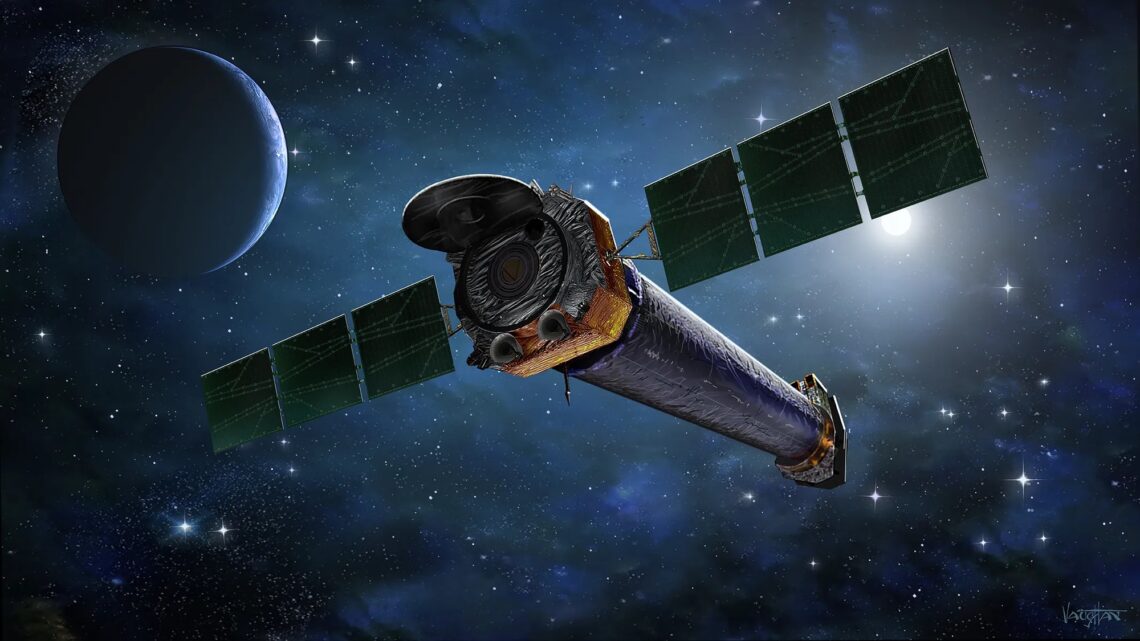THE WOODLANDS, Texas — NASA says its fiscal year 2025 budget proposal is constrained by the second year of a debt-ceiling agreement that caps overall spending, leading to delays, potential cancellations and broader uncertainty for many NASA science programs in particular.
NASA released its fiscal year 2025 budget proposal March 11, requesting $25.384 billion, the exact amount it received in fiscal year 2023. It is a little more than half a billion dollars more than what the agency received in the final fiscal year 2024 spending bill enacted last week.
However, NASA had requested nearly $27.2 billion in its original fiscal year 2024 budget request a year ago. That request projected seeking $27.73 billion in 2025, so the new fiscal year 2025 proposal reflects a reduction of more than $2.3 billion from those earlier ambitions.
In a call with reporters about the budget proposal, NASA Administrator Bill Nelson put the blame for those budget constraints on the debt ceiling agreement enacted last year. That agreement placed caps on non-defense discretionary spending, which includes NASA, for fiscal years 2024 and 2025.
He specifically singled out “a small handful of people in the House of Representatives” who would only agree to raising the debt ceiling if there were spending caps. NASA ended up with a 2% cut in 2024 versus 2023. “In a little agency that is doing an awful lot,” he said, “it makes a big difference.”
That carries over to the fiscal year 2025 request, where overall non-defense discretionary spending increases by only 1% over 2024 levels. “Naturally, we have to make hard choices,” he said.
Many of those hard choices come in NASA’s science programs. NASA requested $7.566 billion for science in 2025, a $231 million increase from the final 2024 spending bill. However, NASA anticipated spending more than $8.4 billion on science programs in 2025 in the projections included in last year’s budget proposal.
Among…
Read the full article here

